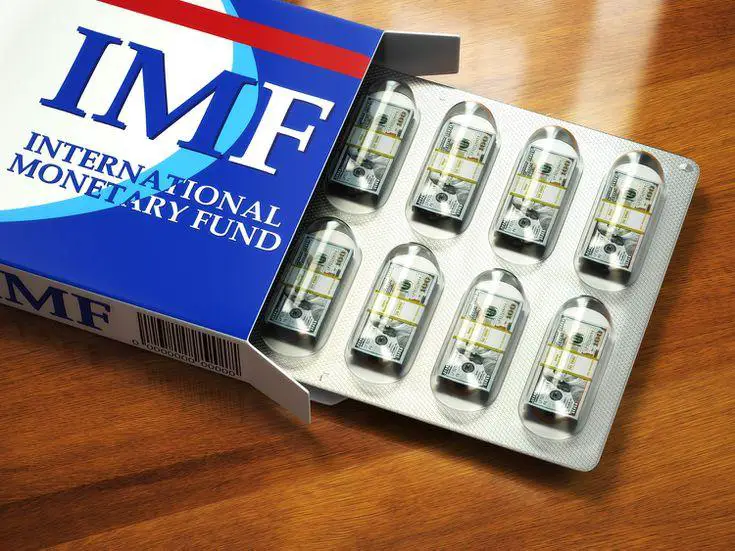The International Monetary Fund (IMF) executive board approved $4.3 billion requests for emergency financial from South Africa to address the challenging health situation and severe economic impact of the COVID-19 shock.
The funds are under the Rapid Financing Instrument (RFI) which aims at meeting the urgent balance of payment (BOP) needs stemming from COVID-19 pandemic outbreak, limit regional spillovers and catalyze additional financing from other international financial institutions.
The outbreak of the pandemic has led to a sharp economic contraction and significant financing need in South Africa.
Over the last decade, economic activity in the country has weakened despite government spending, this has resulted in increased poverty, unemployment and income inequality.
“South Africa’s economy has been severely hit by the COVID-19 crisis, reporting the highest number of cases in sub-Saharan Africa. A deep economic recession is unfolding as the decline in domestic activity and disruptions in the global supply chain resulting from the COVID-19 shock have added to a pre-existing situation of structural constraints, subdued growth, and deteriorating social outcomes,” said Mr Geoffrey Okamoto, First Deputy Managing Director and Acting Chair.
“The authorities responded swiftly to the crisis. The June Supplementary Budget Review presented to Parliament contains a plan to reprioritize budget appropriations toward health and mitigation spending and devote additional budgetary outlays to protect the poor, the unemployed, and the most affected businesses. The South African Reserve Bank (SARB) took strong and timely action by lowering significantly the policy rate and ensuring adequate liquidity conditions in the financial system.” He added.
He also noted that there is a pressing need to strengthen economic fundamentals and ensure debt sustainability by improving the governance and operations of SOEs, carrying out fiscal consolidation and implementing other growth-enhancing structural reforms.
“The COVID-19 crisis heightens the urgency of implementing these efforts to achieve sustainable and inclusive growth. Specific reform commitments at the time of the October Medium-Term Budget Policy Statement will be a critical step to buttress the credibility of the reform efforts and should be followed by steadfast implementation. Efforts to preserve the central bank’s inflation mandate and proactive bank regulation and supervision, particularly for small banks, will also be important.” Mr Okamoto concluded.
Also Read: IMF approves $7.6m debt relief to Burundi
